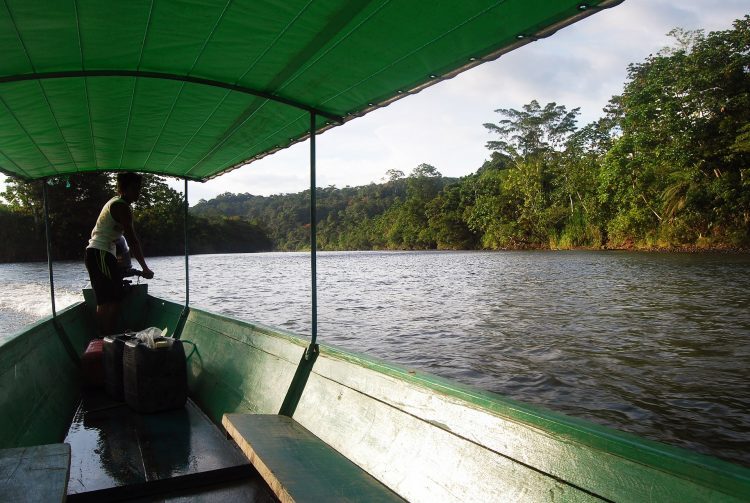Progress in the joint work by the Technical Planning Secretariat of Ecuador "Plan Ecuador" and the EUROsociAL+ Programme is presented in relation to the development of the Coastal Marine Area Management Plan (POEMC).

Foto: Helena
The Technical Planning Secretariat of Ecuador “Plan Ecuador”, with the support of the EUROsociAL+ Governance area, presented the initial technical progress made in the adaptation and development of the Coastal Marine Area Management Plan (POEMC), with a view to its use in the National Territorial Strategy 2021-2025 of the Republic of Ecuador.
The “Coastal Marine Area Management Plan”, set up in 2017 in Ecuador, started by prioritising three main aspects in its subject area and objectives: sustainable environmental management, the organisation and administration of maritime-coastal activities and the defence of the country’s maritime interests.
Regarding the sea, and for the purposes of its territorial strategy, Ecuador is made up of three sections: the Galapagos Archipelago, the border areas and the marine-coastal space. The work carried out began by establishing the Inter-sectoral Agenda of the Sea (AIM), a document that focuses on the development of objectives and indicators in relation to the content of the POEMC and which has technical support from the Complutense University of Madrid.
This first report was put together in the AIM drafting process and aimed to establish a preliminary analysis of the objectives, guidelines and indicators of the “Coastal Marine Area Management Plan”, in order to update them based on international regulations and provide them with a perspective based on sustainable development.
The subsequent report, in the context of identifying POEMC elements that could be used for the establishment of the National Territorial Strategy 2021-2025, stressed the importance of enhancing economic-productive activities that are not related to natural resources, both these and the additional elements to be developed, especially in non-maritime social and production matters, with the aim of contributing to the ordering and management of the set of strategies that complement those of the entire country.
Ultimately and in line with the Council of Europe, it is about being able to carry out an “Integrated Management of Coastal Areas” that considers social and economic development, landscape protection, the environmental fragility of the coastal strip and the ecological balance between present and future generations. It is essential to apply this integrated management so that it is sustainable from the environmental point of view, equitable from the economic point of view, responsible from the social point of view and sensitive from the cultural point of view.



